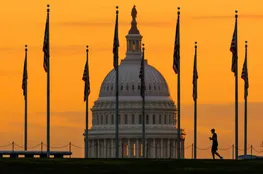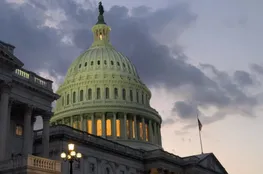U.S. Treasury Secretary Steven Bessent recently stated that the United States is currently in a ‘pretty good place’ regarding its trade relationship with China, offering a cautiously optimistic assessment during a Fox Business interview. This declaration followed discussions about potential U.S. concerns regarding China’s continued purchases of sanctioned oil originating from Russia and Iran. The interview highlighted the ongoing complexities within the broader economic landscape and the persistent challenge of the substantial trade deficit between the two nations. While acknowledging the ‘pretty good place’ assessment, it’s crucial to understand the context surrounding this statement. The U.S. has long maintained a significant trade imbalance with China, representing a considerable economic disparity. This imbalance has been a subject of ongoing debate and negotiation, with the U.S. consistently advocating for a more level playing field, addressing issues such as intellectual property theft, forced technology transfer, and market access barriers. The conversation with China centers on a critical point: the continued acquisition of oil from Russia and Iran, despite international sanctions imposed due to their involvement in geopolitical conflicts and human rights concerns. This activity raises serious questions about China’s adherence to U.S. foreign policy objectives and underscores the strategic importance of this trade relationship. The U.S. government has repeatedly urged China to cease these purchases, arguing that they provide financial support to regimes deemed destabilizing and violate international norms. The potential ramifications extend beyond simply the trade deficit; they touch upon broader geopolitical considerations and the delicate balance of power between the world’s two largest economies. Furthermore, the ‘pretty good place’ phrasing, while seemingly positive, requires careful interpretation. It suggests a degree of progress, perhaps in specific areas, but doesn’t negate the fundamental structural issues that continue to drive the trade imbalance. The ongoing dialogue with China is therefore vital, aiming to establish clear expectations, enforce existing agreements, and ultimately foster a more sustainable and equitable trade partnership. This involves not just addressing the oil purchases, but also tackling the wider range of concerns surrounding China’s trade practices. The interview serves as a snapshot of a complex and evolving situation, demonstrating the persistent tensions and the ongoing efforts to manage this crucial relationship. It highlights the need for continued diplomatic engagement and strategic negotiation to navigate the challenges and ensure a stable and beneficial trade environment for both the U.S. and China.
Economy
























